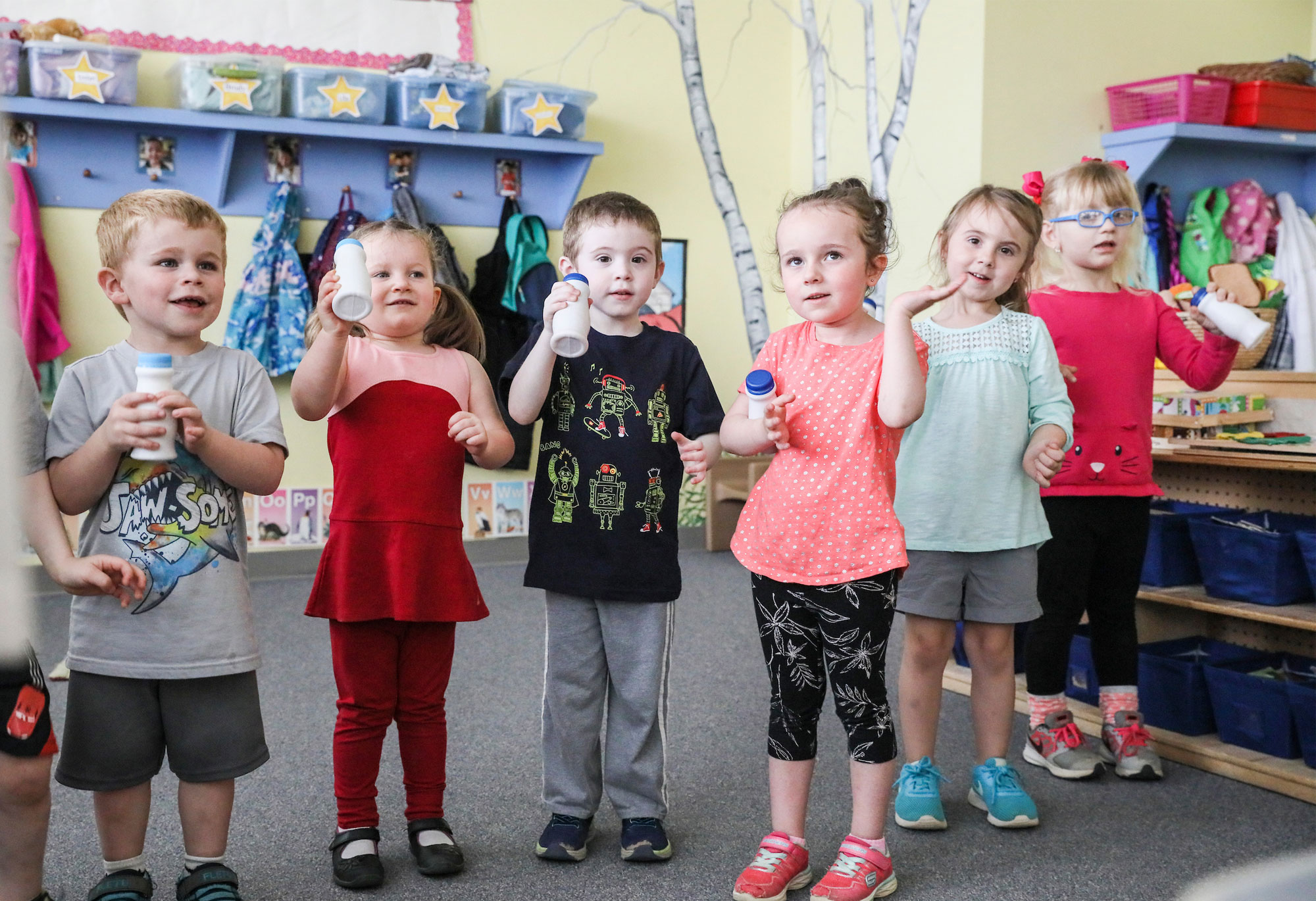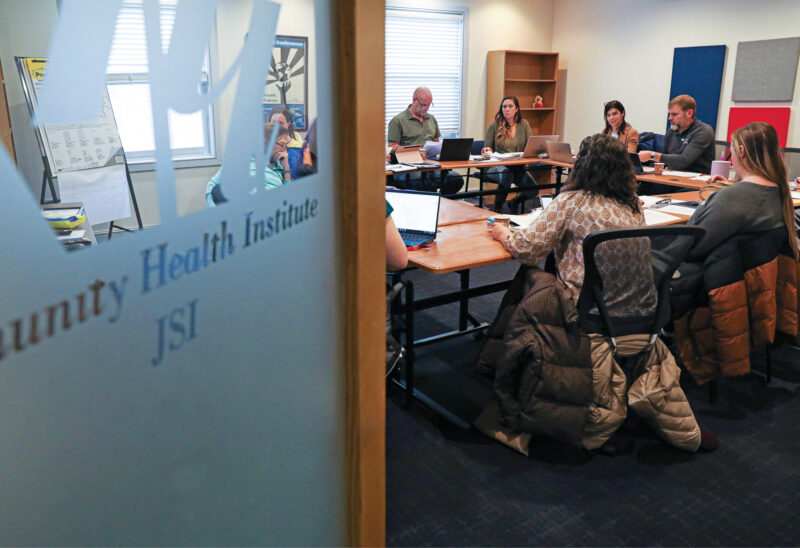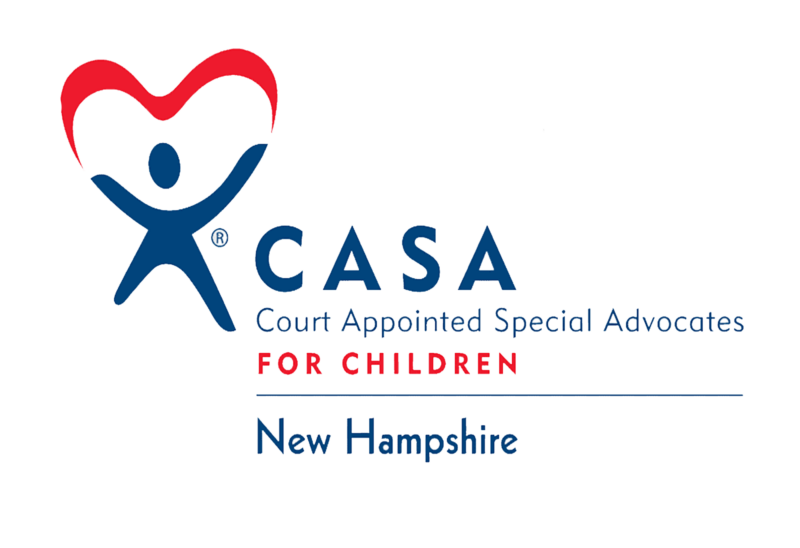A new study by the non-profit, non-partisan RAND Corporation points to a strategic approach for New Hampshire to invest in high-quality preschool and home visiting programs to give our very youngest residents the early experiences they need to learn and thrive. The study, “Advancing Investments in the Early Years: Opportunities for Strategic Investments in Evidence-Based Early Childhood Programs in New Hampshire,” follows up on a 2017 RAND report that showed a two-to-six-dollar return for every dollar invested in such programs in New Hampshire.
A growing body of evidence shows that the best way ensure that children will thrive — in school, communities and ultimately college and the workforce — is to invest in the early years.
Both RAND studies were commissioned and funded by the Endowment for Health, the New Hampshire Charitable Foundation and the New Hampshire Children’s Health Foundation.
While New Hampshire consistently ranks high in children’s well-being overall, rankings based on averages mask significant disparities. The RAND report pointed out the vast disparities between New Hampshire’s school districts of the rates of children living in poverty, for instance — from a high of almost 27 percent to a low of one percent.
Key findings of the 2019 RAND report include:
- There is tremendous variability across New Hampshire communities in the extent to which the state’s youngest children and their families face risks and stressors that can compromise healthy child development.
- Home visiting programs serve up to 1,100 families and children in New Hampshire each year — a small fraction of the number who could benefit from such services.
- Access to district preschool programs is not aligned with the districts where children are most at risk of poor academic performance because of high rates of poverty and other disadvantages.
- To maximize the expected return from investments in evidence-based early childhood programs, focus first on those communities with the greatest need but with current low rates of enrollment, while also building infrastructure at the state level to support an efficient and effective system of early childhood services.
New Hampshire is one of just seven states without any state funding for preschool. The report’s authors conclude that public investment is essential for early childhood programs to advance. “Private-sector funds from philanthropy and the business sector could further add to the early childhood initiatives leveraging the public-sector funds for greater impact,” the report’s authors wrote.
The Charitable Foundation supported the research as part of its “New Hampshire Tomorrow” initiative, a 10-year $100-million investment to increase opportunity for young people in need.



















